CSIP works closely with federal agencies, departments and executive branch officials to provide easy access to curated, reliable government reports, studies and services related to online medicine safety, addiction recover resources and more. The items on this page highlight the important ways in which the U.S. government works to ensure consumer health and safety in these important areas.
Dietary Supplements Information for Consumers
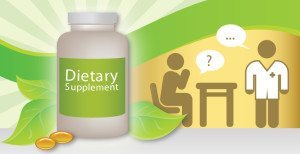
March is National Nutrition Month and a good time to be reminded that just as when you purchase prescription drugs online, it is important to exercise caution when buying vitamins, herbals, and other dietary supplements. The Federal Trade Commission (FTC) provides information about dietary supplements for consumers including guidance on safety and risk of tainted products and how to be aware of scams and fraudulent health claims.
Fact Sheet: Over-the-Counter Medicine
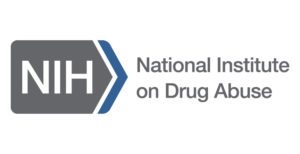
Over-the-counter (OTC) medicines are those that can be sold directly to people without a prescription. OTC medicines treat a variety of illnesses and their symptoms including pain, coughs and colds, diarrhea, constipation, acne, and others. Some OTC medicines have active ingredients with the potential for misuse at higher-than-recommended dosages.
Misuse of an OTC medicine means taking medicine in a way or dose other than directed on the package, taking medicine for the effect it causes— for example, to get high, or mixing OTC medicines together to create new products.
View the fact sheet from the National Institute on Drug Abuse.
FDA BeSafeRX Campaign
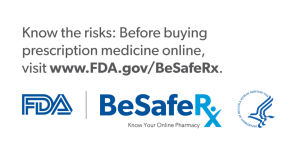
“FDA BeSafeRx – Know Your Online Pharmacy” is a national campaign to educate consumers about the dangers of buying medicine from fake online pharmacies and help people safely buy medicine online. Sponsored by the U.S. Food and Drug Administration (FDA), the campaign seeks to educate consumers and health care professionals about the health risks of buying prescription medicine through fake online pharmacies and to help current and potential online pharmacy consumers to make informed purchasing decisions
Food and Drug Administration (FDA) Consumer Update on Autism Medication
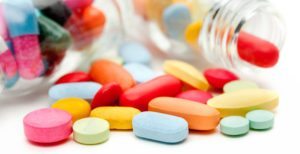
According to the Centers for Disease Control and Prevention (CDC), about 1 in 68 children has been identified with an autism spectrum disorder (ASD). While there is no cure, there are medications designed to manage symptoms. The FDA provides guidance on how to avoid false claims and fake medications that proclaim to “treat or cure autism.” FDA has pursued legal action against companies that make these false claims; however, consumers need to seek guidance from a healthcare professional and be cautious when purchasing medications online.
Infographic & HHS Resources for Addressing the Prescription Drug & Heroin Overdose Epidemic
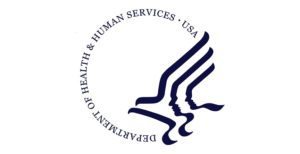
Opioids are natural or synthetic chemicals that bind to receptors in your brain or body. Common opioids include heroin and prescription drugs such as oxycodone, hydrocodone, and fentanyl.
The United States is in the midst of a prescription opioid overdose epidemic. On October 26, 2017, HHS Acting Secretary declared a public health emergency to address the national opioid crisis. Each day, according to the Centers for Disease Control and Prevention, 140 Americans die from drug overdoses, 91 specifically due to opioids. 52,404 Americans died from opioid overdoses in 2015, and preliminary numbers indicate at least 64,000 died in 2016. Read More
IPR Center
The IPR Center stands as a focal point in the U.S. government’s fight against counterfeiting and the flow of counterfeit goods into the commerce of the United States. The center employs a true task force model to optimize the roles and enforcement efforts of member agencies, while enhancing government-industry partnerships to support ongoing IPR enforcement initiatives.
Read more about National IPR Coordination Center activities.
Know Your Source (FDA)
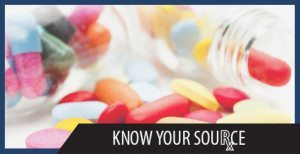
Wholesale drug distributors are a link between manufacturers and health care professionals. Their role is to ensure prescription medications are delivered safely and efficiently to thousands of health care practitioners and pharmacies nationwide every day. While the U.S. health care supply chain is one of the most secure and sophisticated in the world, there is a growing network of rogue wholesale drug distributors selling potentially unsafe drugs in the U.S. market.
In order to protect your patients from unsafe or ineffective drugs, the FDA urges health care professionals to verify that their supplier is licensed by the state. Drugs from rogue wholesale drug distributors may harm your patients and expose them to unknown risks or side effects. The FDA advises health care providers to know the source for prescription drugs.
Possible Dangers of Buying Medicines Over the Internet
The U.S. Food and Drug Administration wants to warn consumers about the possible dangers of buying medicines over the Internet. Some websites sell prescription and over-the-counter drugs that may not be safe to use and could put people’s health at risk.
So how can you protect yourself? FDA says that consumers should know how to recognize a legal Internet pharmacy and how to buy medicines online safely.
Prescription Opioids: What You Need to Know
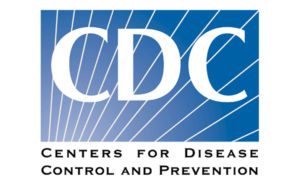
Prescription opioids can be used to help relieve moderate-to-severe pain and are often prescribed following a surgery or injury, or for certain health conditions. These medications can be an important part of treatment but also come with serious risks. It is important to work with your health care provider to make sure you are getting the safest, most effective care.
Download the resource from the Centers for Disease Control and the American Hospital Association.
Quick Tips for Buying Medicines Online

The U.S. Food and Drug Administration has made available some helpful public information for consumers to assist them in purchasing medicines from reputable sources on the internet. Learn more about how to protect yourself as a consumer, or, if you are a health care professional, how to advise patients on safe online medicine purchases.


